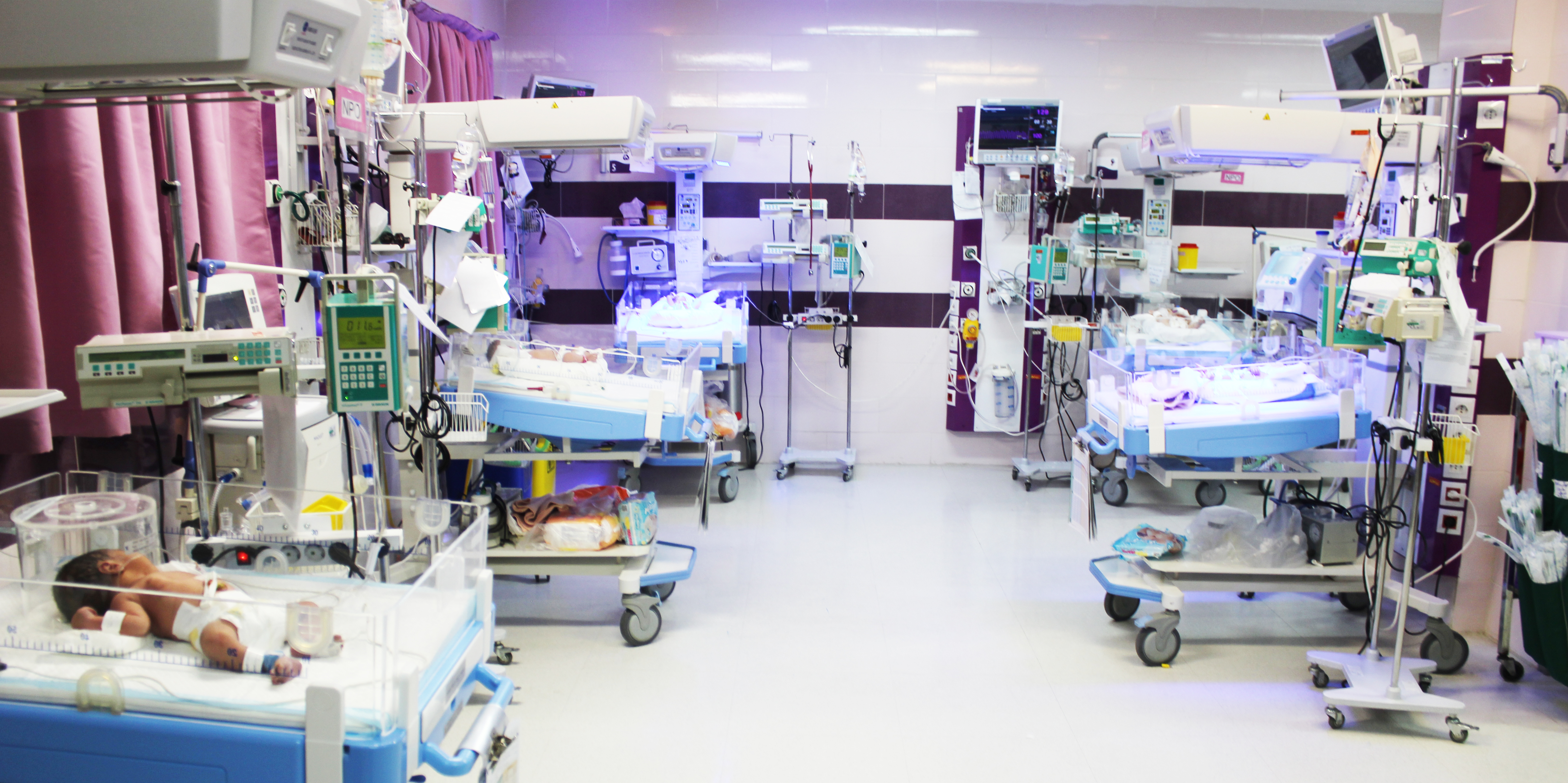Premature Birth Complications
Which baby is called premature?
Infants with birth age of less than 37 weeks, are considered as pre-term or preemies. If your neonate is born at least 3 weeks earlier, you are not alone. Globally more than 15 millions birth happened in earlier time than due time annually.
Types of prematurity
| Extremely Preterm | Less than 28 Weeks |
|---|---|
| Very Preterm | 29 – 31 Weeks |
| Moderately Preterm | 32 – 34 Weeks |
| Late Preterm | 35 – 36 Weeks |
Fortunately, about 80 percent of preterm infants fall into late and moderate group.
Risks for Premature Newborns
Depending of how much earlier your baby is born, the level of risks will be different. Earlier birth usually bears higher risks for your infant and they should stay more time in NICU.
Important complications
In most babies, lungs have developed up to 36 weeks, however there are some variations in this timing depending on the baby. What is important here in the lungs? Mature lung cells produce a vital compound called “Pulmonary Surfactant” which causes our lungs be able to absorb and transfer oxygen, from gas form to dissolved one inside capillaries. Immature lungs causes one or more of the following complications:
-
Respiratory Distress Syndrome (RDS) [former name: hyaline membrane disease] Why RDS happens? Because lungs of preterm infants are not able to make enough surfactant. Surfactant is a foamy substance that keeps the lungs fully expanded so that newborns can breathe in air once they are born. Without enough surfactant, the lungs collapse and the newborn has to work hard to breathe. He or she might not be able to breathe in enough oxygen to support the body's organs. Most babies who develop RDS show signs of breathing problems and a lack of oxygen at birth or within the first few hours that follow. The lack of oxygen can damage the baby's brain and other organs if not treated promptly. RDS usually develops in the first 24 hours after birth. If premature newborns still have breathing problems by the time they reach 36 weeks gestation, they may be diagnosed with BPD.
In some cases RDS may change over time to become bronchopulmonary dysplasia, or BPD. This is another breathing disorder that may affect babies, especially premature babies.
BPD occurs when a baby’s lungs have shown evidence of deterioration. Unfortunately, when preemies are put on a ventilator (also known as respirators) their lungs are still immature and sometimes cannot withstand the constant pressure from the respirator. Preemies that have been on a respirator for more than twenty-eight days are at risk of developing BPD. Preemies can recover from this condition but some take longer to recover than others.
-
Other possible complications of pre-terms include:
- Pneumonia
- Apnea and Bradycardia
- Other infections
- Jaundice
- Intraventricular hemorrhage (IVH)
- Inability to maintain body heat
- Immature gastrointestinal and digestive system
- Anemia
- Patent Ductus Arteriosus (PDA)
- Retinopathy of Prematurity (ROP)
- Necrotizing Enterocolitis (NEC)
- Sepsis
If untreated, severe RDS can result in multiple organ failure and death. However, if the newborn's ventilation is adequately supported, surfactant production will begin and RDS will resolve by 4 or 5 days. Recovery is hastened by treatment with pulmonary surfactant, Beraksurf®.


